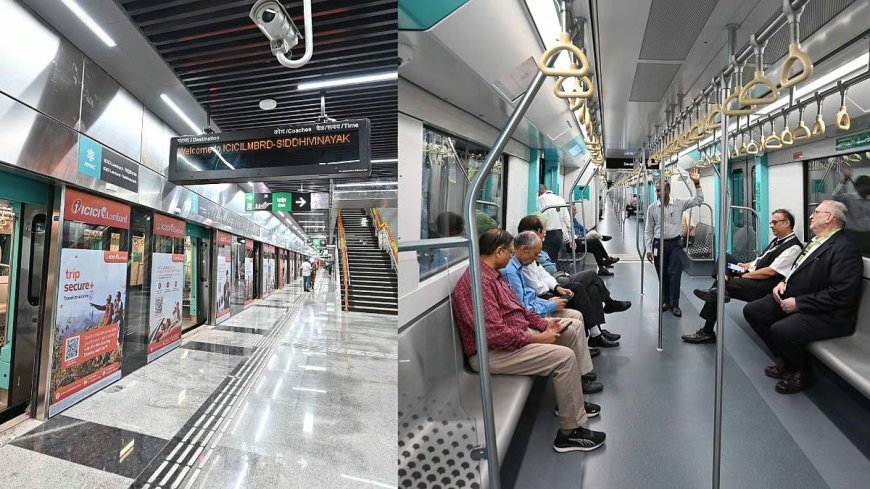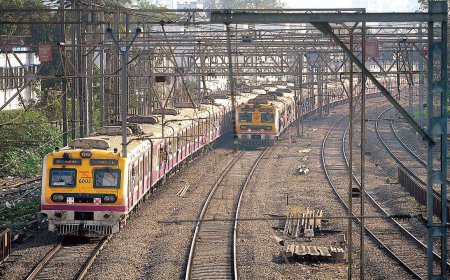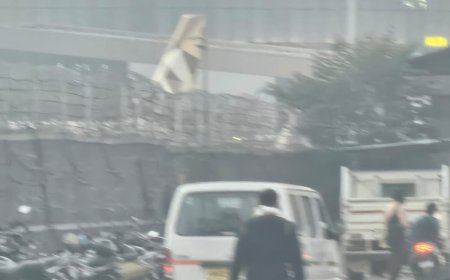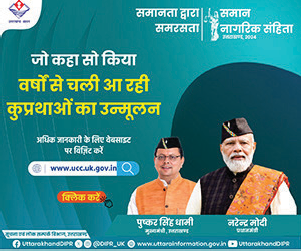Mumbai, May 15:A major mobile network blackout struck Mumbai Metro Line 3 (Aqua Line) on Wednesday, leaving thousands of commuters stranded and unable to access essential services including online ticketing and digital payments. The sudden outage affected all telecom service providers within the newly launched underground stretch, disrupting operations during peak hours.
Passengers were unable to retrieve e-tickets or make UPI-based payments at ticket vending machines. In response, authorities hastily issued notices at metro stations advising commuters to activate offline tickets via the Mumbai Metro app before entering the underground network.
The disruption has cast a spotlight on an unresolved standoff between the Mumbai Metro Rail Corporation Ltd (MMRCL) and telecom operators regarding the installation of cellular infrastructure in the underground corridor. While no official statement was released on Wednesday, the MMRCL had previously asserted that it had appointed a neutral telecom infrastructure provider through a transparent tendering process. "The provider holds all necessary licences and has completed infrastructure deployment, with the support of telecom companies," MMRCL had stated in an earlier communication.
The affected section—between Bandra-Kurla Complex (BKC) and Acharya Atre Chowk, Worli—includes six underground stations and offers a 15-minute commute with trains arriving every 6 minutes and 20 seconds. Currently, eight trains operate 244 daily trips on the route, with fares ranging from ₹10 to ₹40. A full journey from Aarey JVLR to Worli costs ₹60.
Inaugurated on May 10 by Chief Minister Devendra Fadnavis, the BKC-Worli segment is part of the larger 33.5-km Aqua Line from Colaba to SEEPZ, which is slated for full commissioning by August. Prime Minister Narendra Modi is expected to inaugurate the complete corridor, which will feature 27 stations—26 underground and one at-grade.
While the Metro 3 project, built at a cost of ₹37,276 crore, promises a state-of-the-art transit experience, Wednesday’s incident underscores a critical gap in commuter convenience: seamless mobile connectivity. Without it, the vision of a modern, digitally integrated urban transport system remains only partially realized.




 Previous
Article
Previous
Article











